Short-term rentals—think Airbnb, Vrbo, and other vacation platforms—have been both a boon and a burden for U.S. cities. While they bring in tourism dollars and offer homeowners extra income, they’ve also been blamed for housing shortages, rising rents, and disruptive neighborhood dynamics. Now, a growing number of cities are drawing the line. If you’ve got your eye on launching a short-term rental in one of these hot spots, it might be time to reconsider—or at least read the fine print.
1. Dallas, Texas
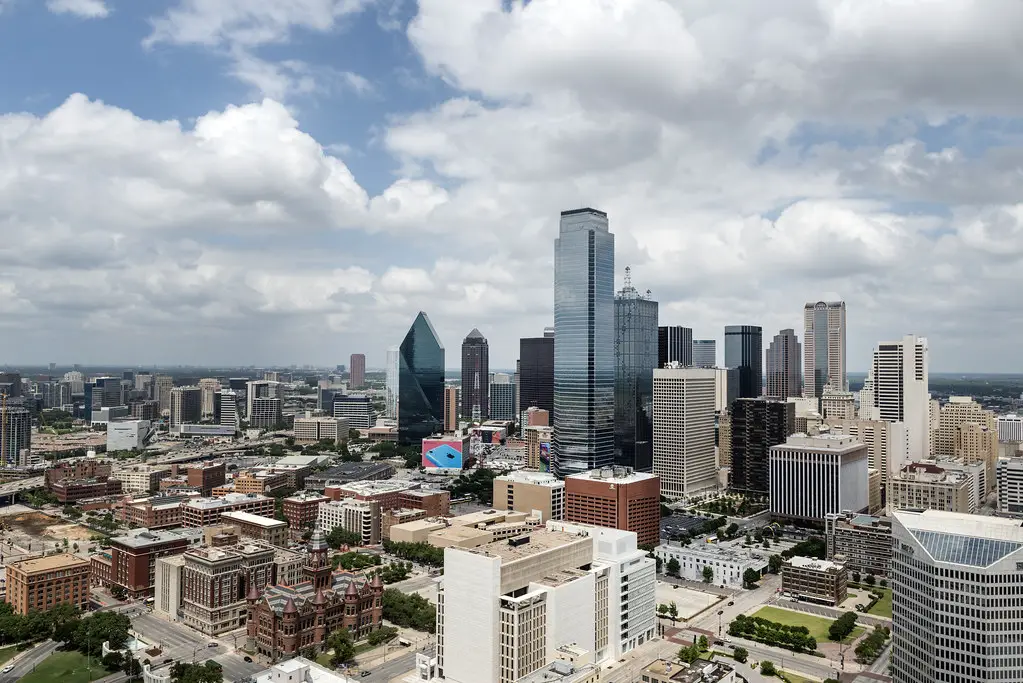
Dallas is moving full steam ahead with restrictions that could effectively ban short-term rentals in most neighborhoods. As reported by The Dallas Morning News, the city voted in mid-2023 to prohibit them in single-family residential zones while requiring registration and hotel taxes in other areas. This means many Airbnb hosts operating in popular residential neighborhoods could soon be out of business. Enforcement has already begun, and court battles are likely.
The motivation is clear: residents have complained for years about party houses, noise, and transient traffic. Meanwhile, city officials are grappling with housing affordability and neighborhood stability. If you’re considering setting up a rental near Bishop Arts or Lakewood, those dreams may need a pivot. Dallas wants its neighborhoods back—and short-term rentals aren’t part of the long-term plan.
2. New York City, New York
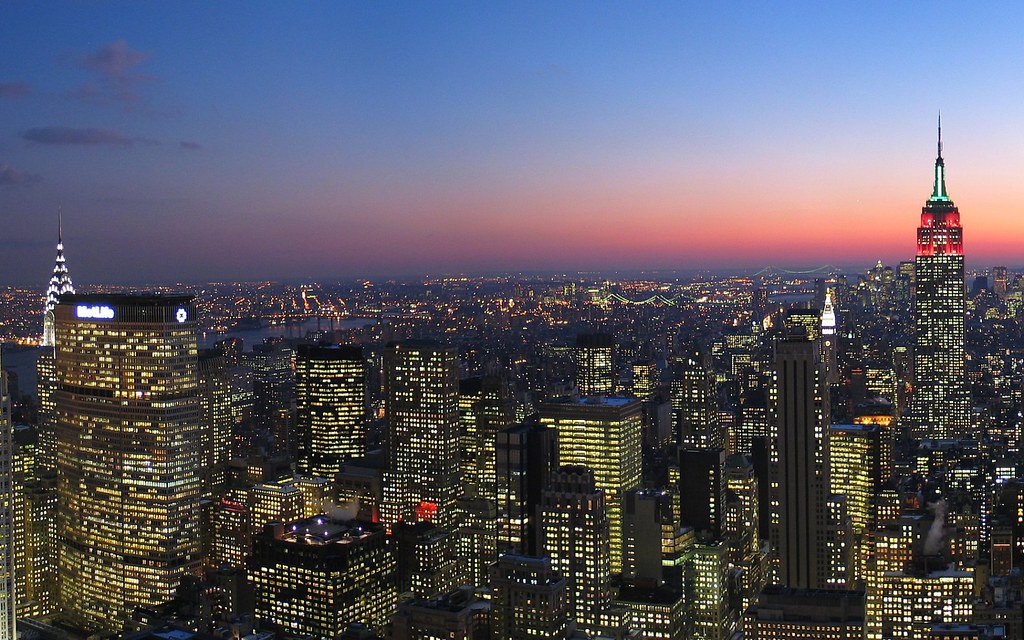
New York City has implemented one of the strictest crackdowns on short-term rentals in the U.S. According to The New York Times, Local Law 18 now requires hosts to live in the property and be present during the stay, making most Airbnb listings effectively illegal. As of September 2023, platforms like Airbnb have delisted thousands of non-compliant rentals. Enforcement is already underway with steep fines for violations.
The goal? Preserve housing stock for permanent residents and crack down on illegal hotel operations. For tourists and hosts alike, the new rules are a seismic shift. Manhattan may still host plenty of hotel rooms, but your dream brownstone Airbnb? It’s probably off the market.
3. San Diego, California
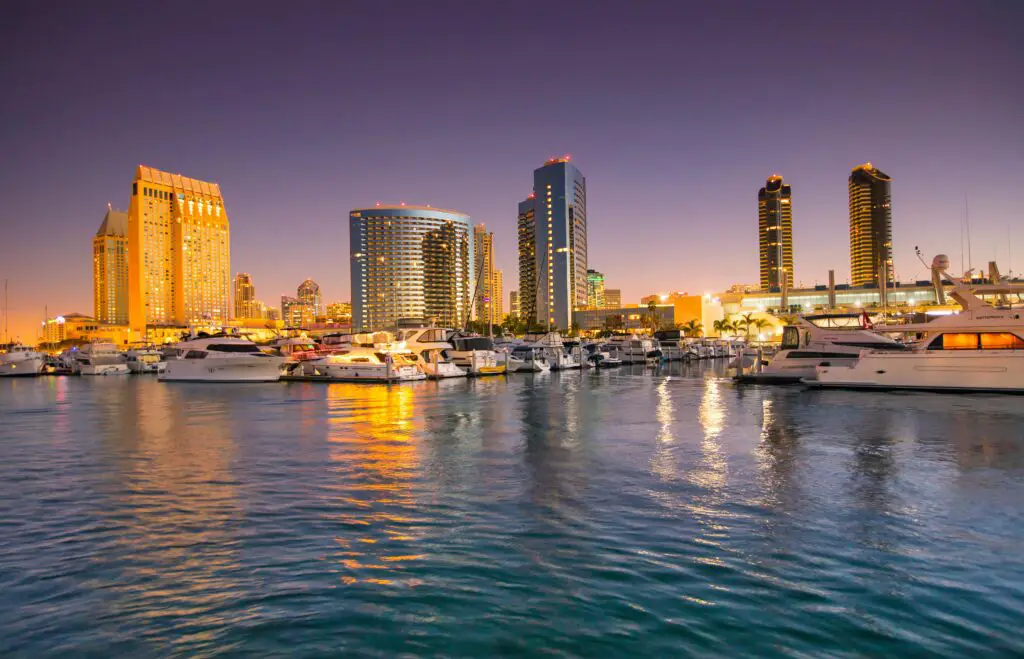
San Diego is tightening the reins on short-term rentals after years of community tension. KPBS reported that the city implemented a cap on whole-home rentals in 2023, limiting them to just 1% of the city’s housing stock in high-demand areas. That cap translates into a lottery system for hosts, with many applications denied. Meanwhile, stricter enforcement and annual renewals mean even approved listings could vanish.
The coastal city is a popular vacation spot, but officials say the influx of rentals hurts local renters and disrupts neighborhoods. It’s a balancing act between tourism and livability—and San Diego is leaning toward the latter. The days of easy passive income in Mission Beach are winding down. The city is favoring stability over short-term gain.
4. Atlanta, Georgia
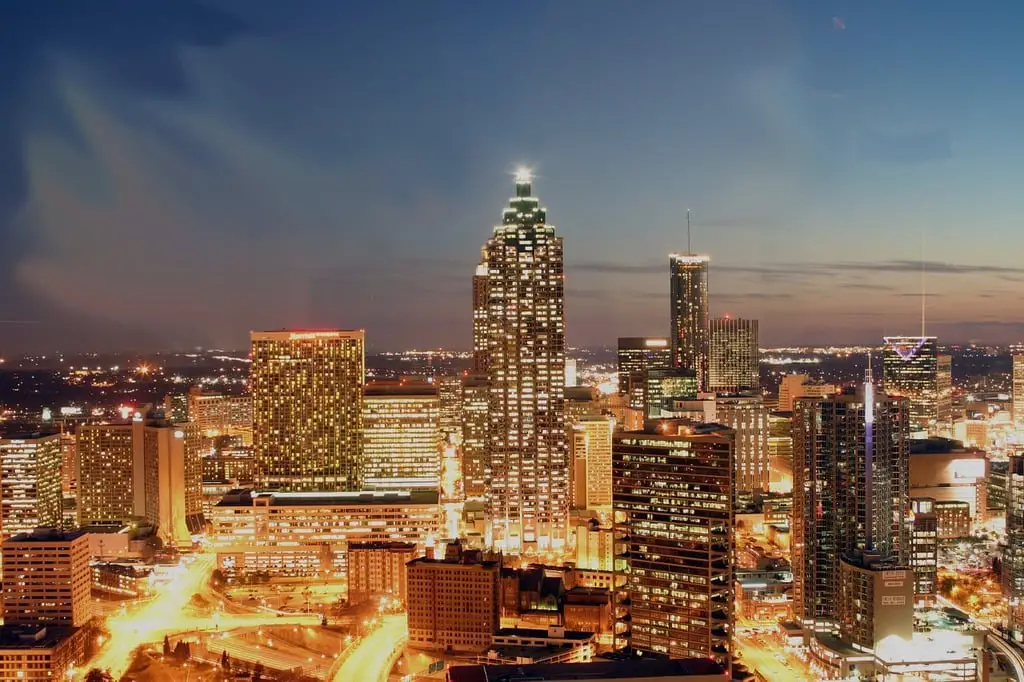
Atlanta is another city clamping down, aiming to regulate short-term rentals in residential areas. 11Alive News explains that under the current rules, residents must obtain a permit, limit listings to two per person, and actually live in the city to qualify. Hosts are also subject to $500 annual fees and are being held accountable for guests’ behavior. The city has already begun revoking permits from violators.
This legislation is part of Atlanta’s broader push to protect affordable housing and address gentrification concerns. Popular neighborhoods like Old Fourth Ward and Grant Park are particularly impacted. For would-be hosts, the message is clear: follow the rules or don’t rent at all. Atlanta is saying goodbye to the wild west of short-term rentals.
5. Honolulu, Hawaii
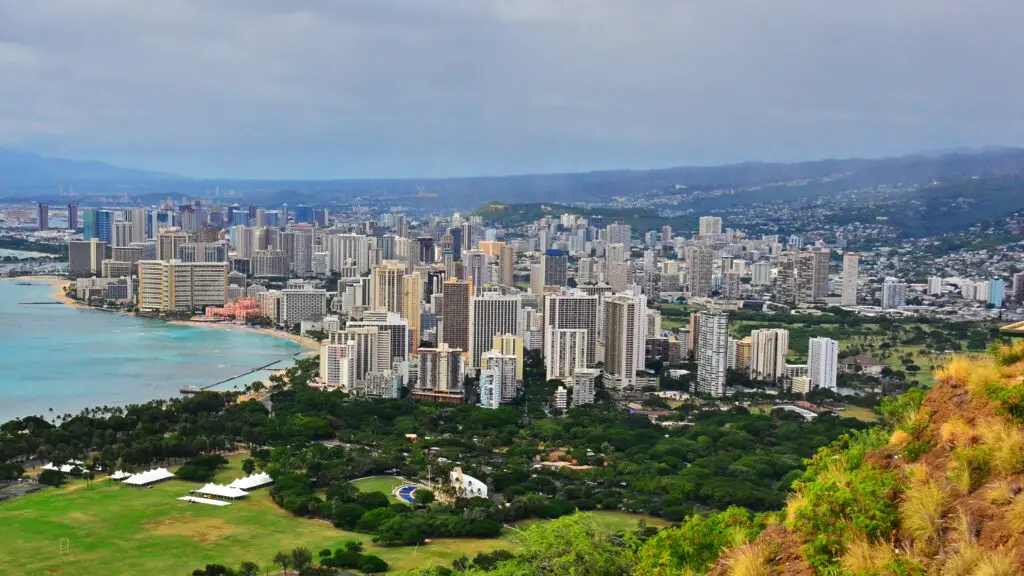
Honolulu passed laws severely limiting short-term rentals to combat overtourism and preserve local housing. In most areas, the minimum stay is now 90 days, essentially banning traditional vacation rentals outside of resort zones. The city is also stepping up enforcement, using tax records and online listings to find violators. Hosts face fines of up to $10,000 per day for illegal rentals.
Local residents have long expressed frustration with how STRs hollow out neighborhoods. Entire condo buildings in Waikiki once dominated by Airbnbs are shifting back to long-term leases. If you were hoping to fund your Hawaiian dream home with short-term guests, think again. Honolulu wants tourists to stay in hotels—not homes.
6. Chicago, Illinois
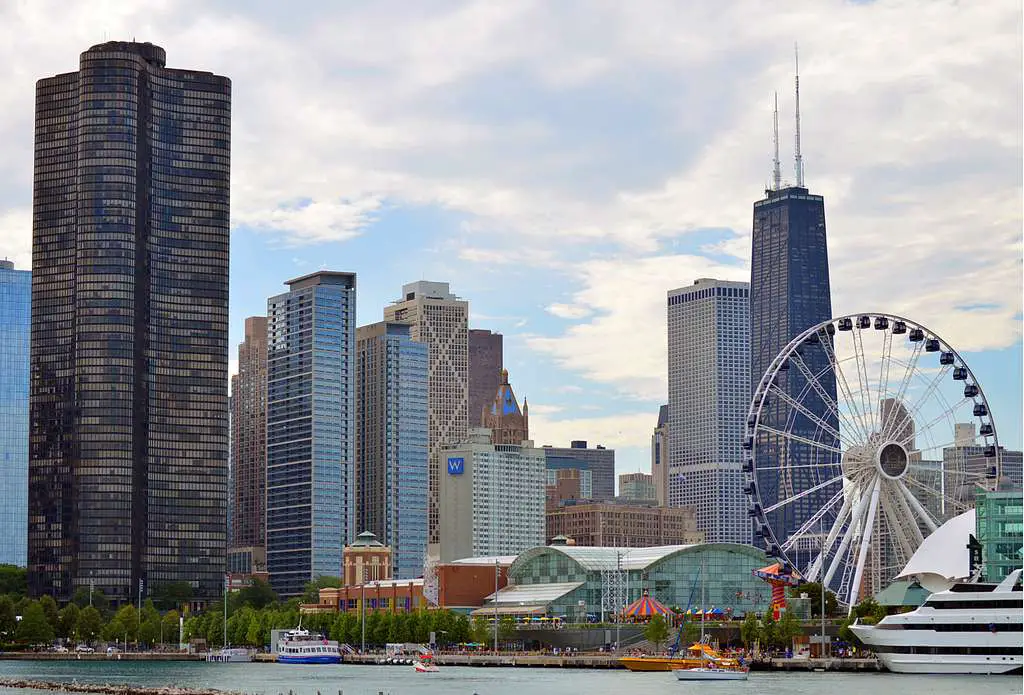
Chicago still allows short-term rentals, but new zoning changes could soon limit where they’re permitted. Some aldermen are proposing stricter rules on rentals in two-flat and single-family zones. There’s growing pressure from neighborhood groups to restrict STRs in areas dealing with rising rents and displacement. The city is also stepping up inspections and fine collection.
While Chicago has long regulated STRs via a shared housing ordinance, enforcement has been uneven. Now, with housing access top of mind, the tone is shifting. If you’re operating in Logan Square or Pilsen, brace for scrutiny. This isn’t a full-on ban—yet—but the writing is on the wall.
7. Scottsdale, Arizona
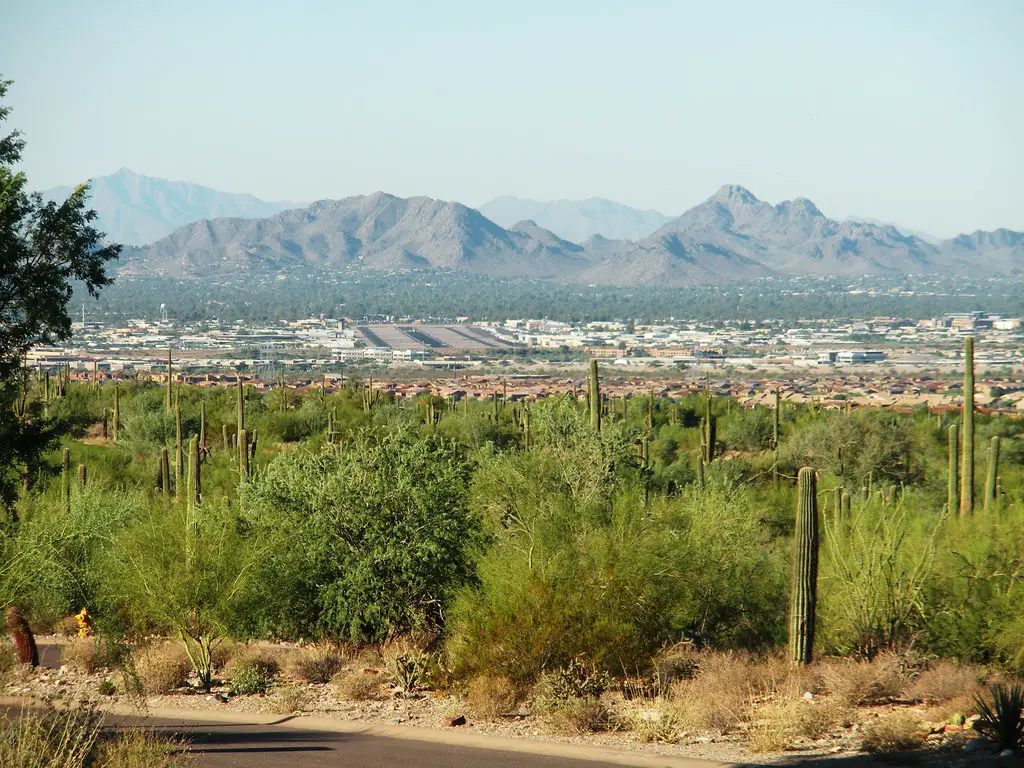
Scottsdale has become an STR hub—and a cautionary tale. Years of party rentals and neighborhood complaints prompted city officials to pass stricter ordinances in 2022, including licensing requirements and emergency contact mandates. While STRs aren’t banned outright, newer proposals seek to limit how many can operate in any one neighborhood. Residents continue to push for caps or zoning-based restrictions.
If you’re eyeing a desert bungalow to rent out for spring training or golf weekends, make sure it’s permitted. Scottsdale’s tourism boom created a real estate gold rush, but now the backlash is growing. With state laws complicating local regulation, it’s a legal tug-of-war. But one thing is clear: this city is no longer rental-friendly.
8. Charleston, South Carolina
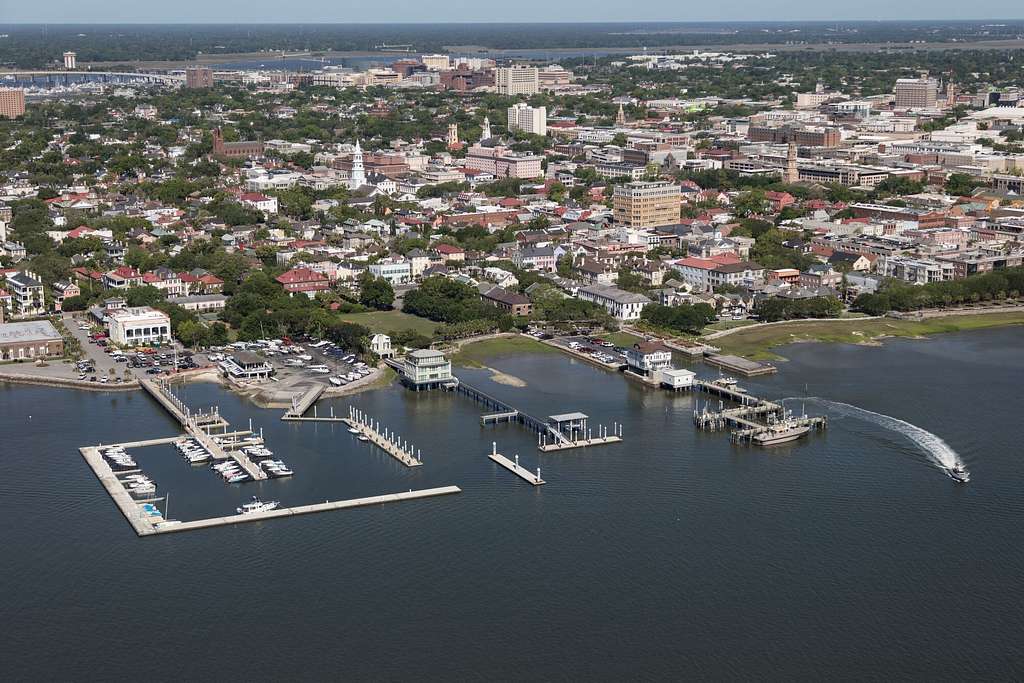
Charleston has placed a moratorium on new short-term rental licenses in certain neighborhoods. The city requires owner-occupancy, which eliminates many investor-run Airbnbs from contention. Historic preservation and community concerns have driven the policy changes. City leaders argue that unregulated STRs disrupt the character of Charleston’s centuries-old neighborhoods.
It’s become especially contentious in areas like Cannonborough-Elliotborough. Locals say they’re tired of tourists dragging suitcases down cobblestone streets at 1 a.m. As preservation meets affordability concerns, Charleston is drawing a line. If your business plan depends on charm and loopholes, it may be time to rethink.
9. Denver, Colorado
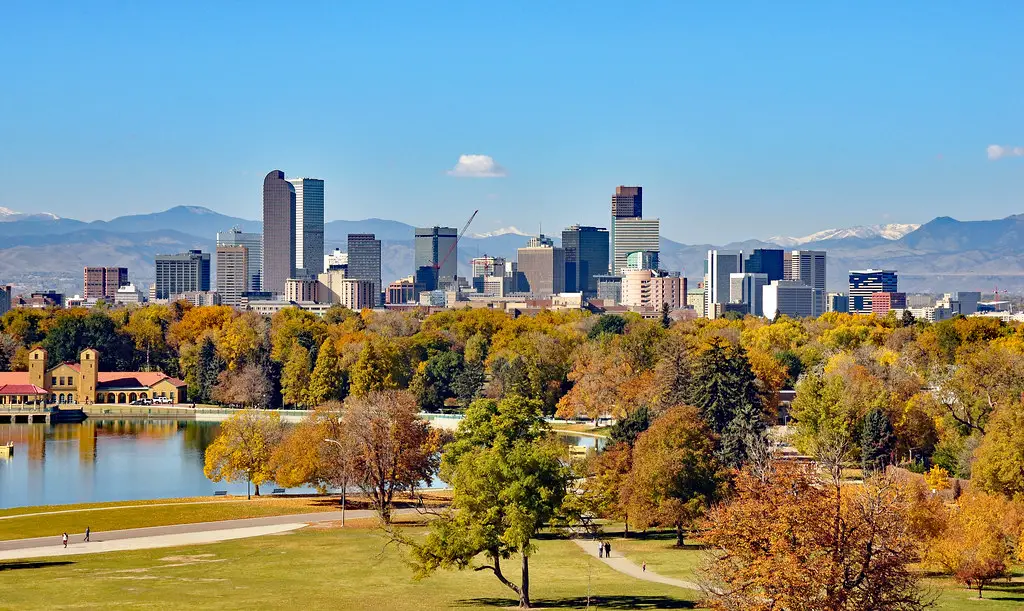
Denver already requires hosts to live on-site in any short-term rental and limits listings to primary residences. But city council members are now reviewing even tighter regulations, especially for multi-unit properties and ADUs (accessory dwelling units). Enforcement is expanding, and city audits have led to numerous revocations. Denver’s housing shortage is driving a shift toward more long-term leasing.
The Mile High City still welcomes tourists—but not at the expense of residents. The rental squeeze is real, and regulators want to prioritize stable housing. Expect more rule changes and restrictions in 2025. STRs here aren’t disappearing, but they’re definitely being boxed in.
10. St. Paul, Minnesota

St. Paul has proposed banning non-owner-occupied short-term rentals in residential zones. That would effectively shut down investor-run Airbnbs, leaving room only for live-in hosts. Supporters say it’s a step toward neighborhood stability and housing access. Opponents argue it hurts homeowners trying to make ends meet.
The city has been holding hearings and gathering public feedback. Similar measures have already passed in nearby Minneapolis. If this trend continues, the Twin Cities might be off-limits for rental empires. It’s a moment of reckoning for Midwest investors banking on STRs.
11. Palm Springs, California
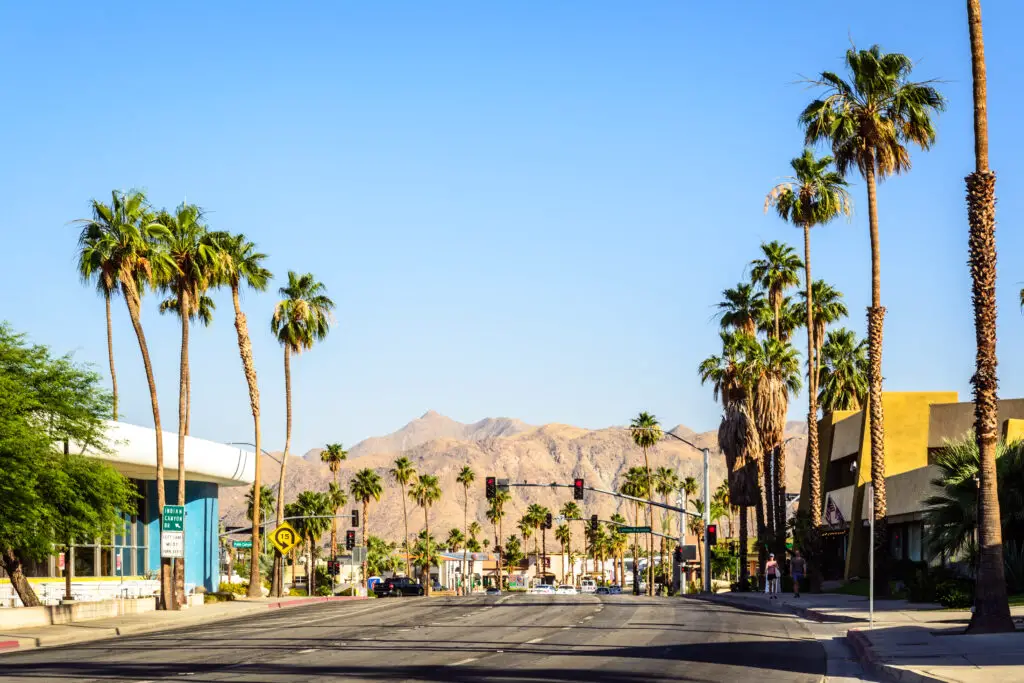
Palm Springs has long been a short-term rental hotspot—but that’s changing. The city has already capped the number of rentals per neighborhood and is weighing further restrictions, including bans in certain areas. Year-round residents have voiced strong opposition to the constant turnover and party culture. Tourism may still drive the local economy, but not at the cost of livability.
In fact, the city now allows residents to initiate petition-based bans in their neighborhoods. As more blocks opt out, available listings shrink. If you thought the desert was a safe STR bet, think again. Palm Springs wants peace and quiet back.
12. Asheville, North Carolina
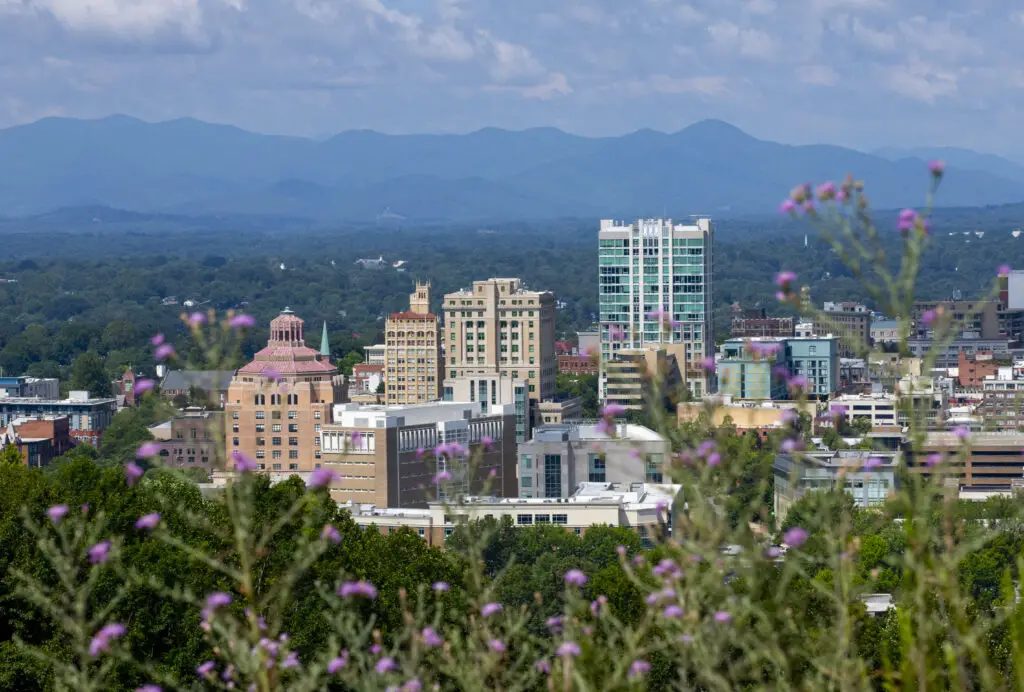
Asheville recently approved tighter rules on STRs within city limits, citing housing access and affordability. New permits are now extremely limited, especially for whole-home listings. Enforcement teams have been created to crack down on illegal operations. STRs are still allowed in some commercial zones—but not in most residential areas.
Locals worry about the city’s shift from quirky mountain town to investor playground. While tourism remains vital, leaders want to preserve a sense of community. Expect further zoning restrictions in the coming year. In Asheville, the welcome mat is wearing thin.
13. Sedona, Arizona
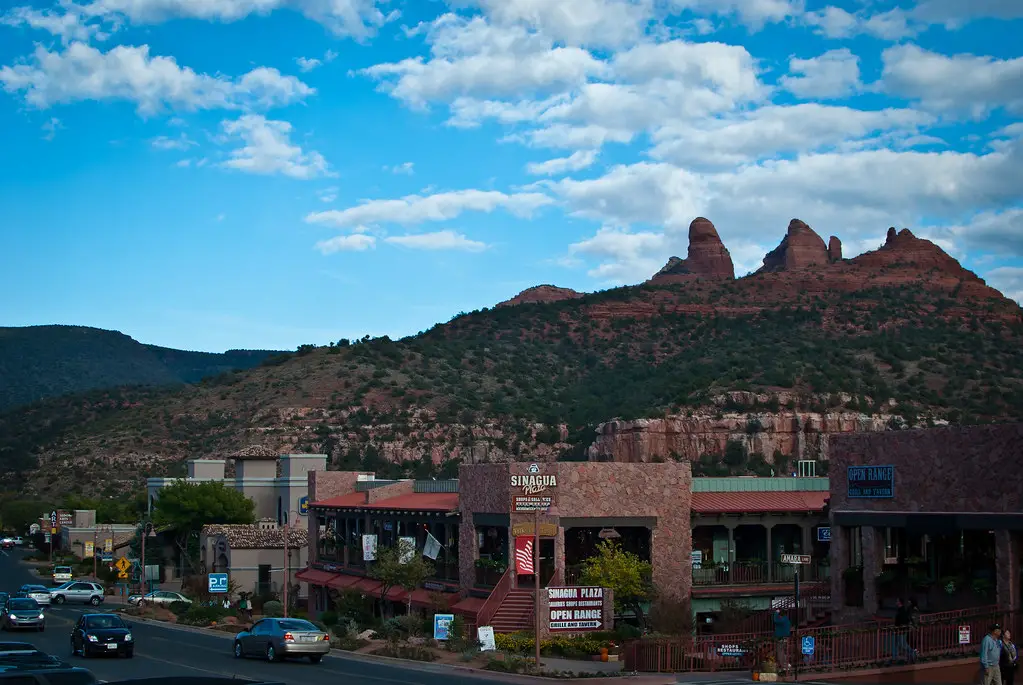
Sedona’s stunning views have drawn tourists—and short-term rental investors—for years. But residents are now fighting back, pushing for legislation that would allow cities more control over STRs. Currently, Arizona law limits local regulation, but that could soon change. State lawmakers are reviewing potential reforms that would give Sedona and other cities more say.
The city itself has called STRs a “crisis,” noting they’ve drastically reduced available long-term housing. Some streets are now almost entirely rentals. If you’re banking on passive income in the red rocks, watch this space closely. Legislative winds are shifting.
14. Portland, Oregon
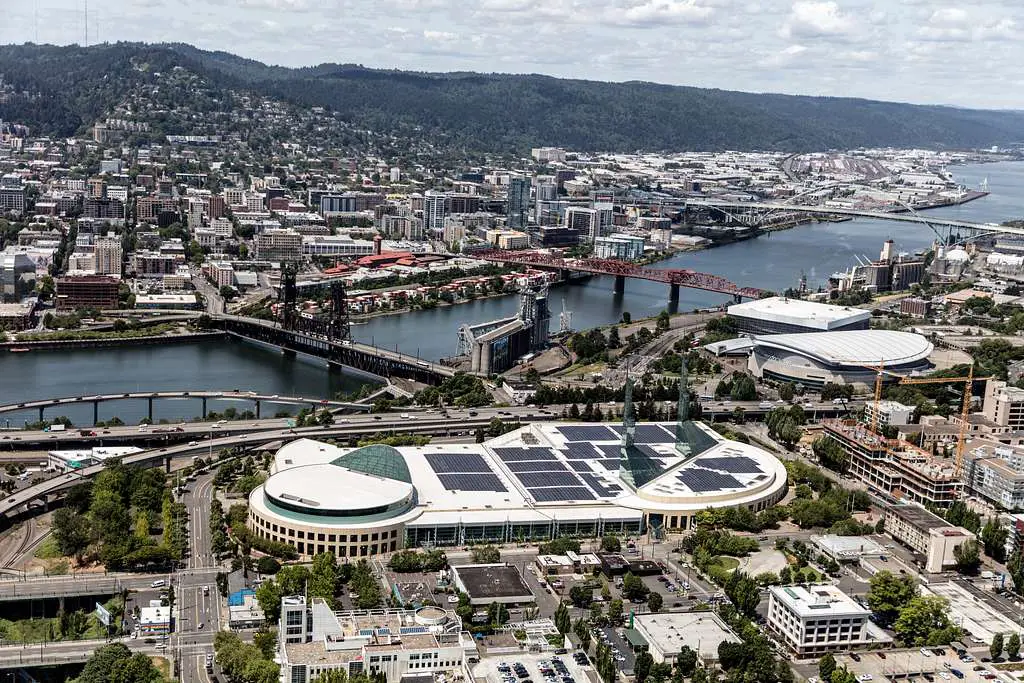
Portland allows short-term rentals—but only in owner-occupied properties with strict annual caps. Recently, the city has increased its enforcement and limited the types of properties eligible for permits. ADUs and basement suites are under special scrutiny. Some neighborhoods are even pushing for full-out bans.
Portland’s approach is rooted in protecting affordable housing stock. The housing crisis has city leaders taking a more aggressive stance. If you want to host legally, get ready for inspections and red tape. And even then, the rules could tighten again soon.
15. Santa Fe, New Mexico
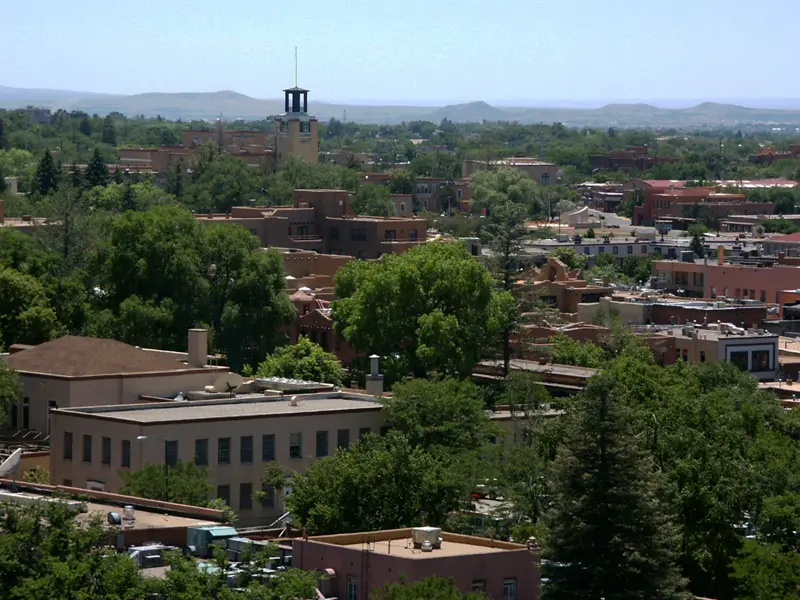
Santa Fe passed new restrictions in 2023 that limit the number of STRs per neighborhood and require proximity to tourism zones. The city also increased license fees and stepped up enforcement. Officials argue the changes are necessary to preserve affordable housing and local character. Short-term rentals are now capped in residential areas.
Santa Fe’s charm may be irresistible to visitors, but for locals, STRs represent rising costs and disappearing neighbors. The city wants to strike a balance—but it’s leaning heavily toward preservation. If you’re hoping to list your adobe casita, act fast—or risk being locked out entirely. The city is reclaiming its residential zones one rule at a time.
